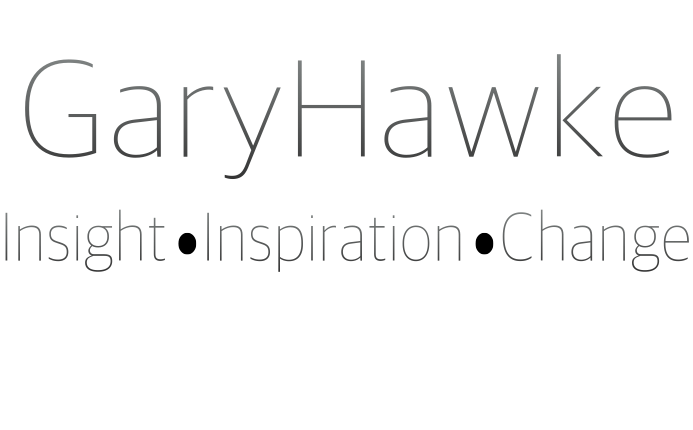Towards a metaReal Integral Practice
Connecting to the Pulse of Freedom: The Work-ins of metaReality and Integral Life Practice, creating a metaPractice of Transformation and Emancipation.
“Now how do we achieve this in the world of duality? And particularly, how do we achieve it for collective action? We can become one within ourselves by getting rid of the heteronomies within our embodied personality and the ego that separates our self from other beings. So that is the project of becoming one with our ground-state. But each ground-state is concretely singularized”
Roy Bhaskar (2012) Critical Realism and Spirituality
This post has been taken from the first draft of a paper I have been developing out of a presentation I gave at the 2014 International Critical Realism Conference held in London and a follow up presentation I gave in 2015 for the Institute of Education Critical Realism reading group. I have been exploring the content of the two presentation since 2015, and feel that I now have enough understanding and application to take my ideas forward.
I will attempt to establish the connection between Ken Wilber’s Integral Theory “Integral Life Practice” and the “Work-ins” of Roy Bhaskar’s Philosophy of metaReality as a practice application for personal and cultural emancipation, with the aim of proposing a possible version of a metaReal Integral Practice.
Introduction
Critical Realism and Integral Theory have been in mutually supportive dialogue since 2011. From the dialogues held so far it has been realise, for although there is much divergence in their philosophical position; Integral Theory addressing how we come to know and judge what the actual is, Critical Realism exploring what generative mechanisms exist beyond our experience of the actual. There is nevertheless, collaboration between Integral Theory and Critical Realism in the shared position they take on emancipation which offers a potential to enrich Integral Life Practice and The Dialectic of the Pulse of Freedom – as an embodied praxis of liberation.
The success of Integral Theory has been in its power to escape the academic world and draw together an elegant and simple framework known as AQAL, (All Quadrants, All Levels).
elegant and simple framework known as AQAL, (All Quadrants, All Levels).
The simplicity of the framework allows Integral Theory to expand beyond a philosophy into a practical application for transformation and emancipation called Integral Life Practice (ILP).
First suggested by Ken Wilber in his book One Taste, ILP has become a strong influence in many areas of personal transformation, whilst keeping the philosophy of Integral Theory as “simplicity in complexity”.
Integral Theory sees growth and transformation as a process of practice that, to use a Dialectical Critical Realism term, if being is a product in process of becoming, then the need to have a be-going, is the need to absent egoic occlusions or blocks, or to follow Integral Theory, know your Shadow.
This process of undoing towards a doing is exemplified in Integral Life Practice, offering a set of practices, that when used in collaboration aims to connect the practitioner to their pulse of freedom. This takes place when there is a recognition of the intentional will of the agent, though a creative drive, that is expressed as Love. Allowing the agent to live life as an expression of right action, exemplified as a re-enchantment of their reality, thus awakening to a spiritual dimension of being, at the heart of which lies the zone of non-duality.
Critical Realism, acting as an under-labour for philosophy, means that the project it shares with Integral Life Practice of emancipation or the undoing of oblivion is not fully realised; although Critical Realism has been taken up as an under-labour position in many disciplines, it is generally used as a tool for academic research projects.
This has a limiting effect on the type of literature produced around Critical Realism and the type of audience the literature is produced for. This makes it difficult for a non-academic to approach and explore Critical Realism, and therefore to explore a practical embodied application of Critical Realism.
With the emergence of the third stage of Critical Realism, The Philosophy of metaReality (PMR), Roy Bhaskar addresses the possibility of a praxis or a way of connecting to the pulse of freedom that is at the heart of the desire to be free.
 The desire to live as a free human as an embodied personality recognising the direct co-presenting of the world at the four levels of the social being is an expression of the nondual.
The desire to live as a free human as an embodied personality recognising the direct co-presenting of the world at the four levels of the social being is an expression of the nondual.
To achieve this goal requires not just a philosophical appreciation such as PMR or Integral Theory but a practical way of enchanting and awakening to the non-dual, so that we live in a legitimate and authentic way.
To live as our embodied personality, freeing ourselves of the shackling desires of the ego, we must work out, working with the physical body, and we must work in, working with the spiritual/emotional body, and we must develop the moral and ethical right action to ensure the freedom of all; the practice aims of ILP and PMR, to enable Universal Solidarity and Axial Rationality.

The Rambling Narrative: As I am not a research student or working towards an academic qualification, I am intending to present my ideas in the form of a narrative, which has been growing in complexity for over 25 years, since I graduated from the Weber Douglas Academy of Dramatic Arts.
I will begin by exploring my own personal development as an actor and dramatherapist, before moving on to offering a basic overview of Integral Theory and Critical Realm.
Then having laid the ground work, I will move towards the main movement of my exposition. How to create a metaReal Integral Practice…more to follow.
